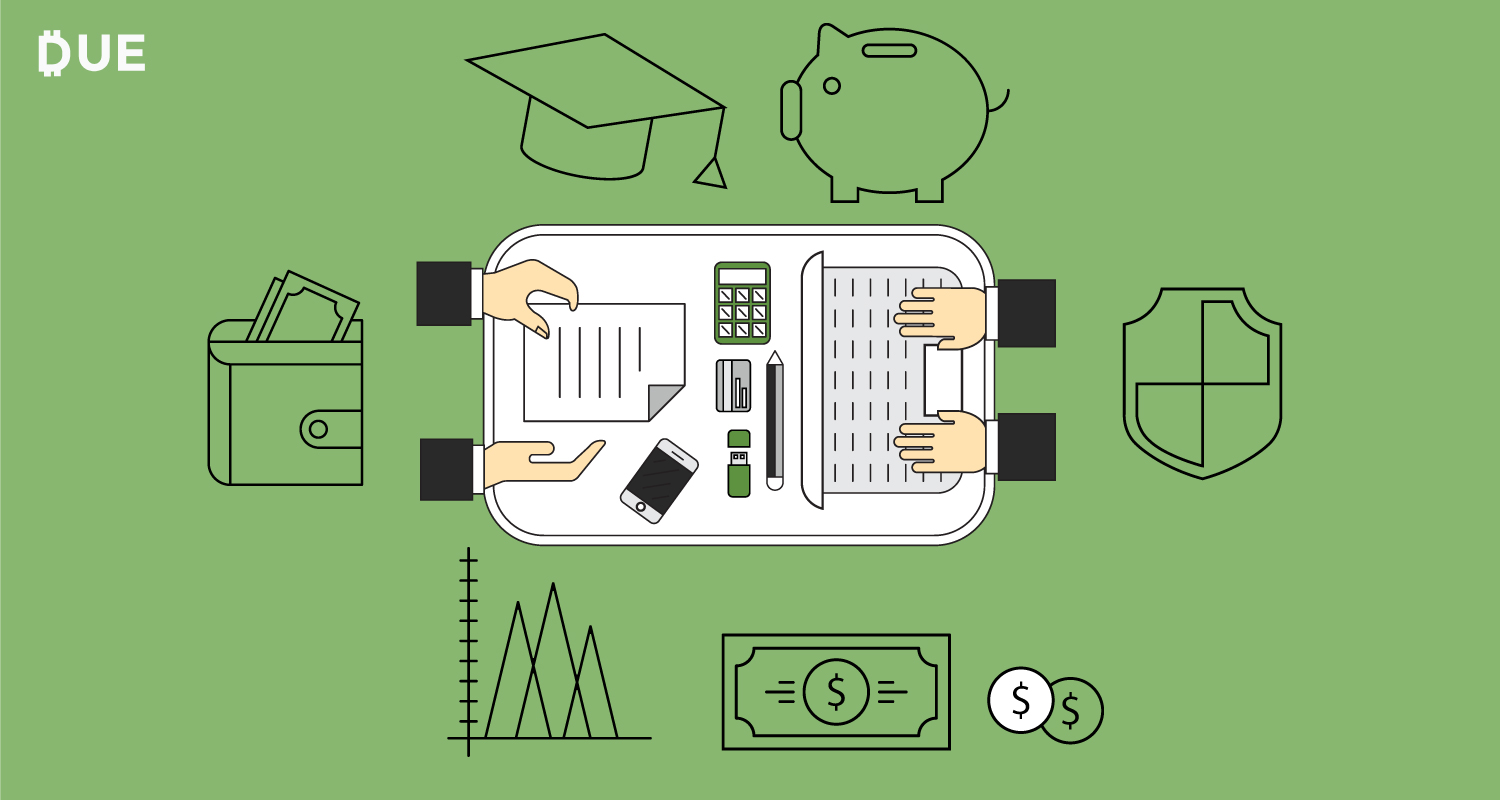A financially secure small business. Does it sound like an oxymoron? It doesn’t have to be if you set yourself up right and if you practice good financial business habits.
There is a wealth of knowledge on the internet from entrepreneurs at all levels, and there are more tools than ever before to help new businesses succeed earlier rather than later.
Financial security comes down to just a few simple ideas, executed well. The problem that most people encounter is in the execution. They have great ideas, but struggle with putting them into sustainable systems that generate a profit and can scale up.
Step One: Have a Solid Sales Pitch
No one can buy from you if you don’t have anything to buy. Or worse, if you have something for sale but you don’t know how to sell, you won’t find financial success.
Building a financially secure business starts with having a clear, successful sales pitch. Ask yourself these questions to gain clarity on your sale:
-What am I selling and how does it help people?
-Am I speaking to the people who can benefit from this?
-Am I drawing them into the story behind the product?
-How can I share the value this provides, and show my audience how it can enhance their lives?
Crafting a solid sales plan and pitch is the first step to making sales, which in turn pay the bills that keep your business running.
Step 2: Overdeliver To Build a Raving Fan Base
Small and new businesses don’t have the marketing dollars that Nike has, and they may not be able to weather a few bad reviews on social media.
The pressure is on you as a small business owner to build a fan base that will keep coming back. You also want an audience that will give you good word of mouth. Small businesses thrive by delivering an experience that bonds people to them.
It’s also a sales tactic. It’s easier to sell to people who have already bought from you than it is to find a completely new customer.
Delivering 110% to every single customer is a way to grow your business, keep your clients super happy, and continue to make sales over time. Which of course, leads to a more and more financially secure business.
Step 3: Scale As Needed
I don’t believe in the idea of growth for growth’s sake. You don’t need a VA because everyone you talk to in business has one. You need a VA if you’re wasting your time scheduling social media posts when you could be landing clients.
Scaling will allow you to bring in more money, but it also comes with higher expenses. You should scale as needed.
Crunch the numbers and see if you’re leaving money on the table by not hiring someone. If you are, it’s time to scale. If you’re not actually losing money yet, or if you don’t have a clear plan to generate more cash with someone to help you, there’s no need.
Don’t throw away money for the thrill of saying you have hired someone.















